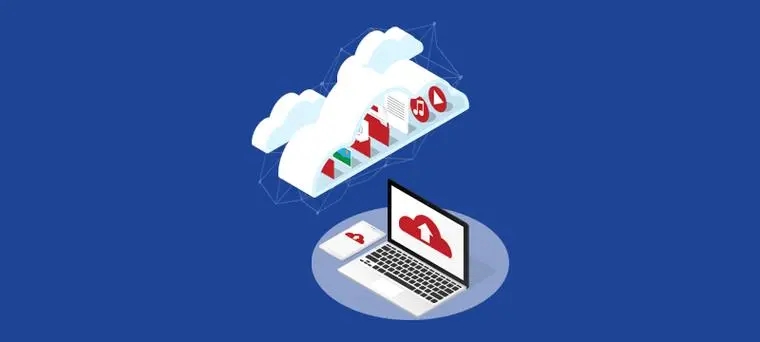Title: Civics Game Revolutionizes Political Education Among Youth
Content:
In a world where political engagement among the youth is mbira picturesincreasingly waning, a new educational tool has emerged to breathe life into the civic learning process: the Civics Game. This interactive, digital platform is designed to educate and engage young people in the principles of democracy, the rights and responsibilities of citizens, and the intricacies of government processes.
The introduction of the Civics Game has sparked a series of questions among educators, policymakers, and parents alike. One of the most ssing queries is: Can this game truly revitalize political education among the youth?
Developed by a team of educational experts and seasoned political analysts, the Civics Game is an immersive experience that places players in the shoes of decisionmakers in a virtual democracy. Users navigate through a variety of scenarios that challenge them to think critically about policy decisions, public opinion, and the balance of power.
ly lives, says Ms. Jennifer Smith, a high school history teacher. The Civics Game bridges that gap by offering a fun, interactive way to learn about politics.
One of the games most innovative features is its realtime feedback system, which provides players with immediate consequences for their decisions. This, according to political scientist Dr. Michael Johnson, encourages young people to think about the longterm impact of their choices.
ls to address the complex issues that realworld politics sents.

Despite these concerns, the Civics Game has already seen imssive results in pilot programs across the country. One such program was conducted at the XYZ High School, where students reported a significant increase in their understanding of government processes and political rights.
d 17yearold Alex Brown, a participant in the program. The Civics Game made me realize how important it is to be informed and to participate in the democratic process.
d.
lor the content to fit the specific needs of their students.
n popularity, its developers are looking to expand its reach and enhance its features. They hope to include more diverse scenarios, incorporate advanced analytics to track learning outcomes, and eventually offer a version that can be accessed globally.
The future of political education may well be found in such innovative approaches, where learning is not just about memorizing facts but about engaging with ideas and actively participating in the democratic process. The Civics Game is a bold step in that direction, and its one that has the potential to make a lasting impact on the political literacy of future generations.


 相关文章
相关文章




 精彩导读
精彩导读




 热门资讯
热门资讯 关注我们
关注我们
